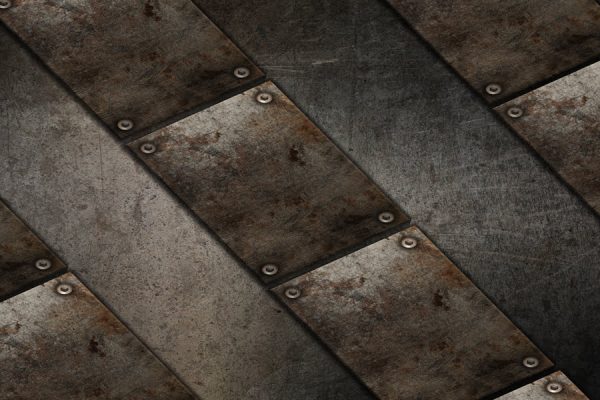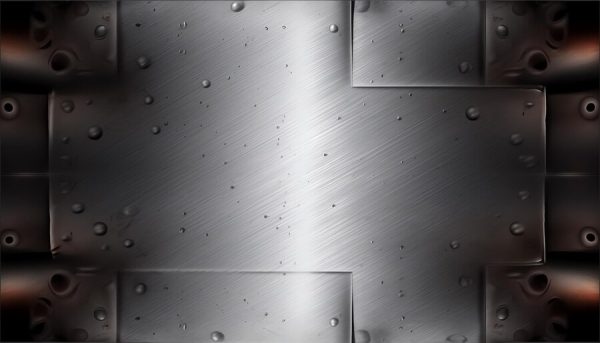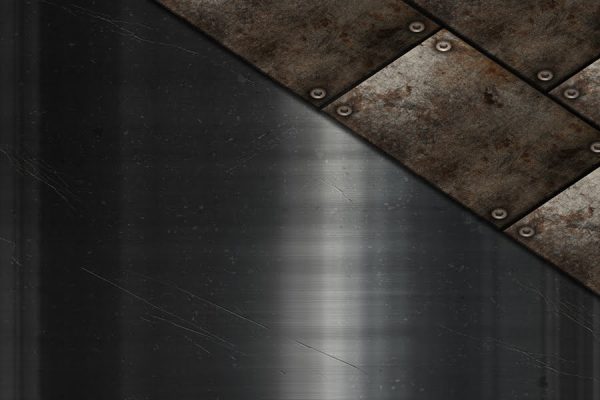Marine and offshore structures require high-quality steel for construction. Severe operating conditions require steel that is corrosion-resistant and possesses high-pressure capabilities apart from being safe. These needs are met by marine, ship and offshore plates due to their hardness and steadiness. Knowledge of these types assists in the selection of the most appropriate material depending on the intended project to be accomplished.
Ship Plate: A vital component for shipbuilding
Ship plates are mainly used in shipbuilding. These plates are recognized for their high tensile strength, flexibility, and excellent resistance to corrosive environments. They are applied for the construction of hulls, bulkheads and deck plates. Adherence to global marine standards such as ABS and DNV guarantees dependability and safety.


Steel Plate for Marine and Offshore Use
Marine and offshore industries have different types of steel plates that are used for different purposes. The marine plate is used for general marine applications. Ship plates are used especially in shipbuilding industries while offshore plates are used for oil rigs and other offshore structures. Deciding which one is right for you depends on your needs and objectives for your particular project.
| Feature | Marine Plate | Ship Plate | Offshore Plate |
|---|---|---|---|
| Primary Use | General marine applications | Ship construction | Offshore structures |
| Strength | Moderate | High | Very high |
| Corrosion Resistance | Moderate | Excellent | Superior |
| Standards | ASTM, API | ABS, DNV | API, NACE |
EH36: Durable Steel Plate for Marine and Offshore
EH36 steel plates are characterized by their high strength and their capacity to withstand stress and impact. This makes them perfect for rough marine and offshore conditions. It has good weldability and mechanical properties, including high toughness. EH36 complies with high-standard specifications such as ABS to provide customers with quality and durability.
Specifications and Grades of Steel Plates
With the knowledge of technical specifications and grades, one can select the right steel plate easily. These are the requirements for size and shape, tolerances, and physical characteristics. Some of these grades include A36, S355, and EH36 depending on the application of the steel.
| Grade | Width | Length | Thickness |
|---|---|---|---|
| EN 10025 S275JR | Up to 3000mm | Up to 9000mm | From 6mm |
| EN 10025 S355JR/J0/J2 | Up to 3000mm | Up to 9000mm | From 6mm |
| ASTM A36 | Up to 3000mm | Up to 9000mm | From 6mm |
| EH36 | Up to 3000mm | Up to 9000mm | From 6mm |
| BS4360 Gr43A | Up to 3000mm | Up to 9000mm | From 6mm |
| JIS G3101 SS400 | Up to 3000mm | Up to 9000mm | From 6mm |

Choose our Marine and Offshore Steel Plates
Here at Chuan Leong, we ensure the production of quality steel products, outstanding customer relations, as well as comprehensive after-sales services. This is because our expertise enables us to provide you with the right type of material for your task.
Features of EH36 Steel Plate
- High Strength: EH36 steel plate offers exceptional strength, making it suitable for heavy-duty marine environments where durability is essential.
- Corrosion Resistance: This steel plate effectively resists corrosion, performing well in offshore and marine settings exposed to saltwater and moisture.
- Impact Resistance: EH36 is designed to absorb heavy impacts, making it ideal for ship hulls and offshore platforms where sudden forces may occur.
- Weldability: It welds smoothly, maintaining structural integrity and allowing for easy assembly in shipyards and construction projects.
- Standards Compliance: EH36 adheres to international safety standards like ABS, meeting the stringent requirements for ships and offshore applications.
- Customizable Dimensions: Available in various widths, lengths, and thicknesses, EH36 can be customized to suit specific project needs.
Benefits of EH36 Steel Plate
- Durability: The EH36 steel plate provides long-lasting performance in harsh environments, reducing the risk of wear and failure.
- Reduced Maintenance: Its resistance to corrosion and impact minimizes the need for frequent repairs, saving both time and maintenance costs.
- Versatility: EH36 is highly versatile, suited for use in shipbuilding, offshore rigs, and other marine structures requiring superior strength.
- Cost-Effective: Its durability and low maintenance make EH36 a cost-efficient option for marine and offshore projects, offering excellent value over time.
- Safety: EH36 enhances the safety of ships and platforms by ensuring structural stability in harsh conditions, preventing breakdowns.
Uses of EH36 Steel Plates Across Industries
- Marine Industry: EH36 steel plates forms the backbone of shipbuilding, used for hulls, bulkheads, and deck plates due to its strength and resistance to corrosion, meeting global standards like ABS and DNV.
- Offshore Structures: Offshore platforms rely on EH36 steel plates for stability. The toughness of these EH36 offshore plates allows it to endure high pressure, rough weather, and salty waters, ensuring long-term durability.
- Construction Industry: High tensile marine plates like EH36 are used in the construction of bridges, cranes, and high-rise buildings, providing the necessary support to handle heavy loads.
- Oil & Gas Industry: In oil and gas, EH36 steel plate supports pipelines and storage tanks, offering the strength and corrosion resistance needed to withstand high-pressure environments.
EH36 vs. AH36 and DH36: Comparative Analysis
Marine and offshore industries use various grades of high tensile steel plates. EH36, AH36, and DH36 are among the most common. This table highlights the key differences:
| Feature | EH36 | AH36 | DH36 |
|---|---|---|---|
| Primary Use | Offshore platforms, ships' hulls | Shipbuilding, hull construction | Offshore structures, shipbuilding |
| Tensile Strength | 490 - 620 MPa | 490 - 620 MPa | 490 - 620 MPa |
| Yield Strength | Minimum 355 MPa | Minimum 355 MPa | Minimum 355 MPa |
| Impact Resistance | Excellent in cold and rough waters | Moderate | Excellent in cold environments |
| Weldability | High | High | High |
| Corrosion Resistance | Superior, especially in harsh climates | Moderate | Moderate |
| Notable Standards | ABS, DNV | ABS, DNV | ABS, DNV |
| Price | Higher due to superior properties | Relatively lower | Mid-range |
Welding Guidelines for EH36 and AH36 Steel
Welding EH36 and AH36 steel requires careful attention to ensure strong, lasting bonds. Since these steels are built to endure harsh marine environments, their welding process must adhere to strict guidelines.- Preheating Requirements: For thicker plates, preheating is necessary before welding. This process removes moisture and reduces internal tension, which helps prevent cracks. The ideal preheating temperature for EH36 and AH36 steel ranges between 50°C and 150°C, depending on the thickness of the plates.
- Welding Techniques: Proper welding methods, such as MIG, TIG, and stick welding, work well with EH36 and AH36 steel. Using low-hydrogen electrodes or filler wires further minimizes the risk of cracks caused by excess hydrogen.
- Post-Weld Cooling: Controlled cooling after welding is essential to maintain the steel’s strength. Cooling the steel slowly and evenly prevents cracking or warping, ensuring that the welded joints remain solid and durable over time.
Applications of EH36 Steel in Shipbuilding
EH36 steel plays a vital role in shipbuilding because of its high strength and ability to handle impacts. Its main uses include:
- Hull Construction: EH36 steel is favored for hulls due to its strength and flexibility, enabling it to withstand harsh marine conditions.
- Bulkheads and Decks: Its toughness makes EH36 an excellent choice for bulkheads and decks, ensuring safety and reliability.
- Offshore Platforms: EH36’s durability under extreme marine conditions makes it ideal for offshore oil rigs and other ocean-based structures.
